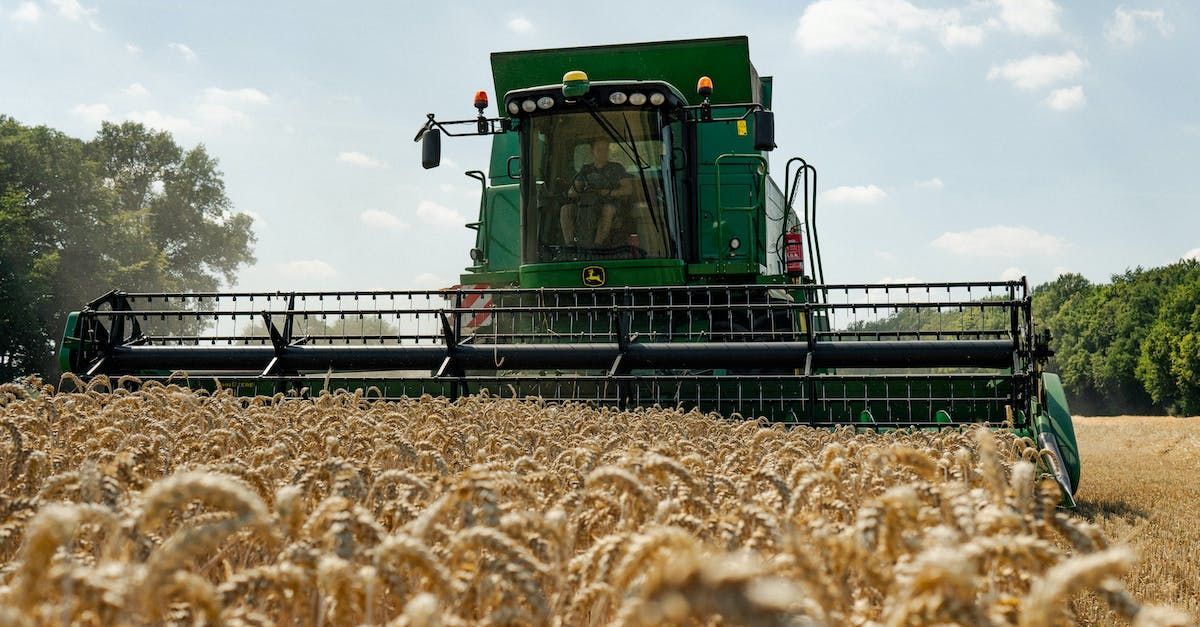Some Reasons to Re-think why you need a Will
April 19, 2023
Despite being one of the most commonly known legal documents to the general public, around 50% of Australians don’t have a valid Will.
This statistic is alarming, particularly when you consider how important a Will is as it deals with your life’s hard work and has the ability to significantly impact your loved ones.
So today, we are going to have a look at what makes a Will valid and how it can be written to ensure your estate is distributed according to your desires.
Benefits of having a Will
There are many good reasons to have a Will. Some of these include:
- You can be clear about who gets your assets, deciding who gets what and how much;
- You can keep your assets out of the hands of people you don’t want to have them (like an estranged child for example);
- You can identify who should care for your children;
- Your beneficiaries will have a faster and easier time getting access to your assets; and
- You can plan to save your estate money on taxes and leave gifts and charitable donations which can help offset any estate taxes.
A Will Requires…
In order to be considered valid, a Will must be in writing and be witnessed by two independent witnesses. The will-maker must also be of sound mind at the time of writing and signing their Will.
The Will should also contain the will-maker’s full name, address and occupation, the date the Will was signed, the name of your executor, how your estate is to be distributed and the signing clause.
You may distribute any piece of property, from personal items like books and jewellery to real property. It is not necessary to list every item of property specifically in your Will, the only caveat is that your Will must deal with all of your property in some manner. It is therefore recommended that your Will contains a clause dealing with “all of [your] property” or “all remaining property”.
A badly written Will can not only lead to delays and disputes, but it may also be deemed invalid.
The Executor
So what is the executor?
The executor is the person charged with executing the instructions left by you in your Will. Essentially this means gathering all your assets, paying off your debts and distributing the remaining assets in accordance with your Will.
The executor often also arranges the funeral and makes initial contact with the beneficiaries.
If you have left property or investments, it is the executor’s job to arrange for them to be looked after. If you have distributed assets to persons under age, it is also the executor’s job to set up any required trusts and maintain these for as long as required.
The role of the executor can be complex and time consuming so it is important you nominate someone that can appropriately take on this position.
Superannuation and Life Insurance
Something to keep in mind when you write your Will is that superannuation and life insurance policies are not automatically considered by the law to be a part of your estate. After you pass, these policies are dealt with by the trustee of the fund.
However, most funds will give you the option of making a death nomination, which allows you to elect those who will benefit from your policies. When making a death nomination there are a combination of options you can choose from, typically being binding (the trustee will be bound by your nomination) or non-binding (the trustee can use its discretion) and lapsing (it must be renewed every three years or as otherwise directed by the fund) or non-lapsing (it will remain valid until you pass). It is often our recommendation that you elect a binding non-lapsing death nomination, however this will depend on who you wish to leave the benefit of these policies too.
This process is similar with self managed superannuation funds, however it is important to note there are additional rules and regulations that govern these types of policies that need to be taken into account when making a death nomination or determining who you want your superannuation to be distributed to.
Taxes
Lastly, it should be noted that whilst there is generally no tax on inheritance in Australia, there may be tax implications if your executor resides outside Australia (this is because the tax residency of the executor determines the tax residency of your estate) or your beneficiaries reside outside Australia.
Further, beneficiaries may have tax obligations for the assets inherited once assets are disposed of (i.e. on the sale of real property capital gains tax may apply) or for income dervied from assets inherited (i.e. income tax may apply for dividends from shares or rent from real property).
Conclusion
Wills are a great insurance that the fruits of your labor are distributed to the people of your choosing and ensuring your loved ones are provided for after your passing.
If you would like assistance with preparing or amending your Will we would be more than glad to help out. Please contact our office on (08) 9321 5451 or office@bailiwicklegal.com.au for more information.
The contents of this article does not constitute legal advice, is not intended to be a substitute for legal advice and should not be relied upon as such. It is designed and intended to provide general information in summary form on legal topics, current at the time of publication, for general informational purposes only. The material may not apply to all jurisdictions. You should seek legal advice or other professional advice in relation to any particular matters you may have.
By Danielle Edwards (Senior Associate)













